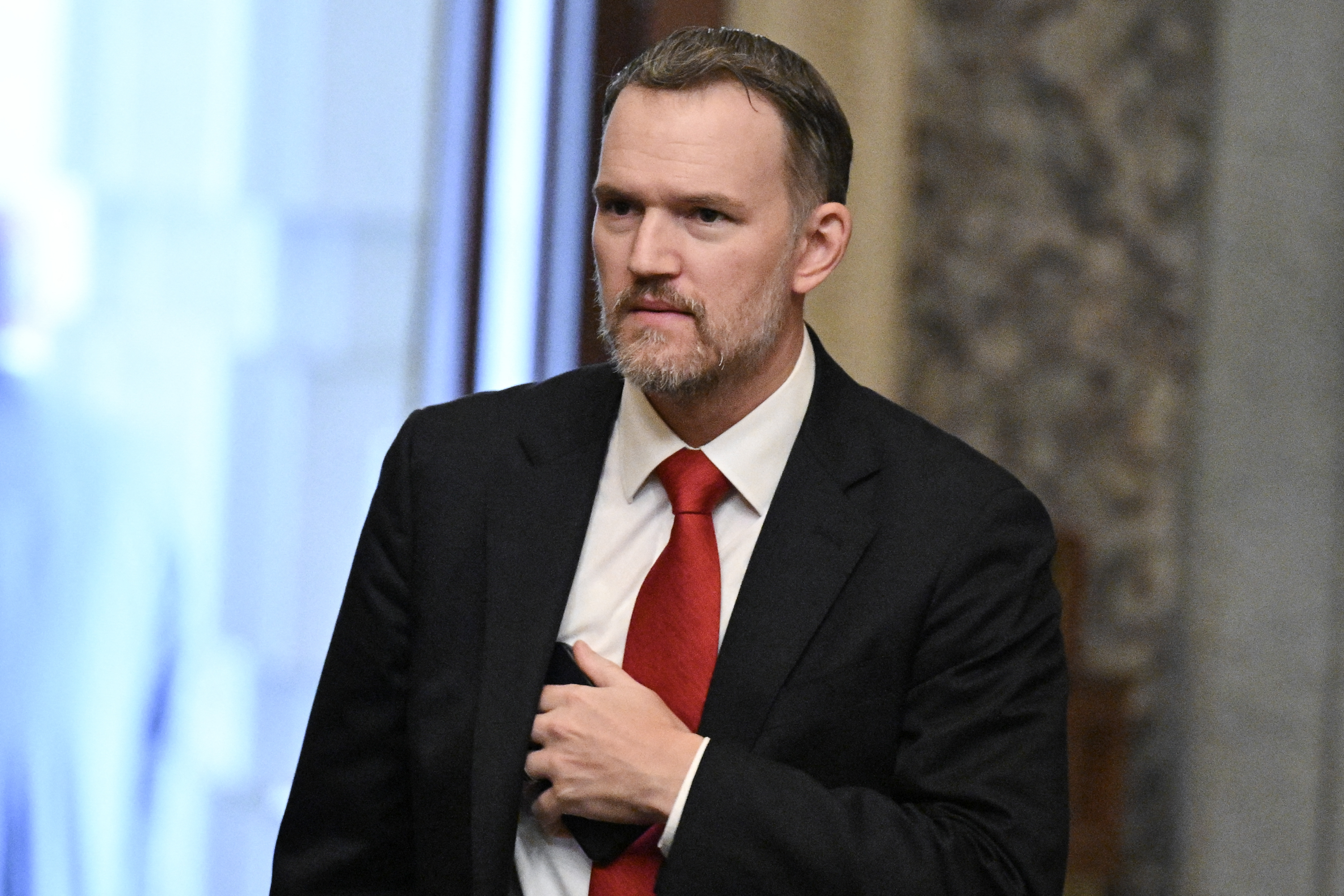
LOS ANGELES - US Trade Representative Jamieson Greer said Wednesday the negotiations between his country and the European Union (EU) on a settlement of a tense tariff spat were "advancing quickly."
Greer met with European trade commissioner Maros Sefcovic on the sidelines of a meeting of the Organization for Economic Cooperation and Development in Paris on Wednesday, according to a press release from the office of the US trade representative.
"Last week, the European Union provided the United States with a credible starting point for discussions on reciprocal trade, and I am pleased that negotiations are advancing quickly," said Greer.
ALSO READ: Trump extends deadline for 50% tariffs on EU goods to July 9
"Today's meeting in Paris, which occurred alongside technical talks by our teams in Washington, was very constructive and indicates a willingness by the EU to work with us to find a concrete way forward to achieve reciprocal trade. I look forward to continued constructive engagement in the coming days and weeks," he said.
However, a Los Angeles Daily News report published Wednesday said there were no breakthroughs during the meeting in Paris.
"Brussels and Washington are unlikely to reach a substantive trade agreement in Paris. The issues dividing them are too difficult to resolve quickly," said the report.
READ MORE: Trump's 50% tariff threat on EU goods draws rebuke
Sefcovic said at a press conference in Paris on Wednesday that US President Donald Trump's decision to raise tariffs on steel and aluminum "clearly doesn't help the ongoing negotiations" and risks undermining recent progress.
The Trump administration's move to double tariffs on steel and aluminium imports from 25 percent to 50 percent went into effect Wednesday. The White House called the measure a matter of addressing "trade practices that undermine national security."


